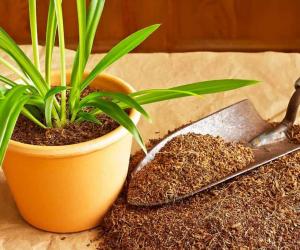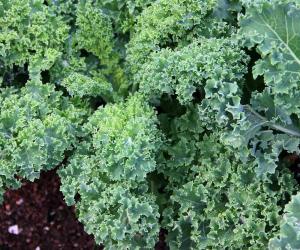Winterized Peppers: 6 Helpful Tips for Overwintering Pepper Plants
Overwintering allows you to keep your favorite vegetable plants for next year. Pepper plants are perennials, which makes them the ideal choice for winterizing. Overwintering pepper plants requires protecting it from the cold and providing extra light. If you live in a warmer climate, you can leave your pepper plants in the garden and protect them from frost. However, winterized pepper plants can be stored in pots inside a garage, greenhouse, or home for the colder months. Check out the most helpful tips for overwintering pepper plants to achieve the most success.
1. Prune Plants Thoroughly
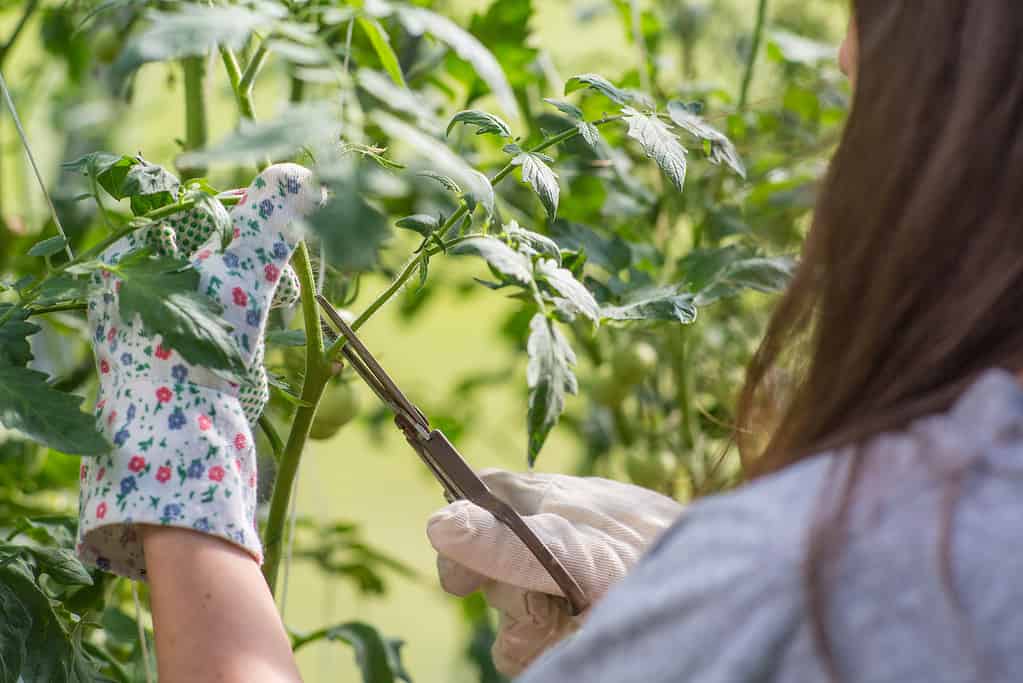
©Jedraszak/iStock via Getty Images
Winterized pepper plants do not need to waste energy growing and keeping stems and leaves healthy over winter. Prune all the leaves off the plant and most of the stem. Keeping a few nodes to ensure proper regrowth in the spring is the best option. However, the look of your pepper plant should be shaped like a Y, with just the main stem supporting most of the plant in the pot. You do not want any stems still fruiting left on the plant.
2. Clean Up Roots
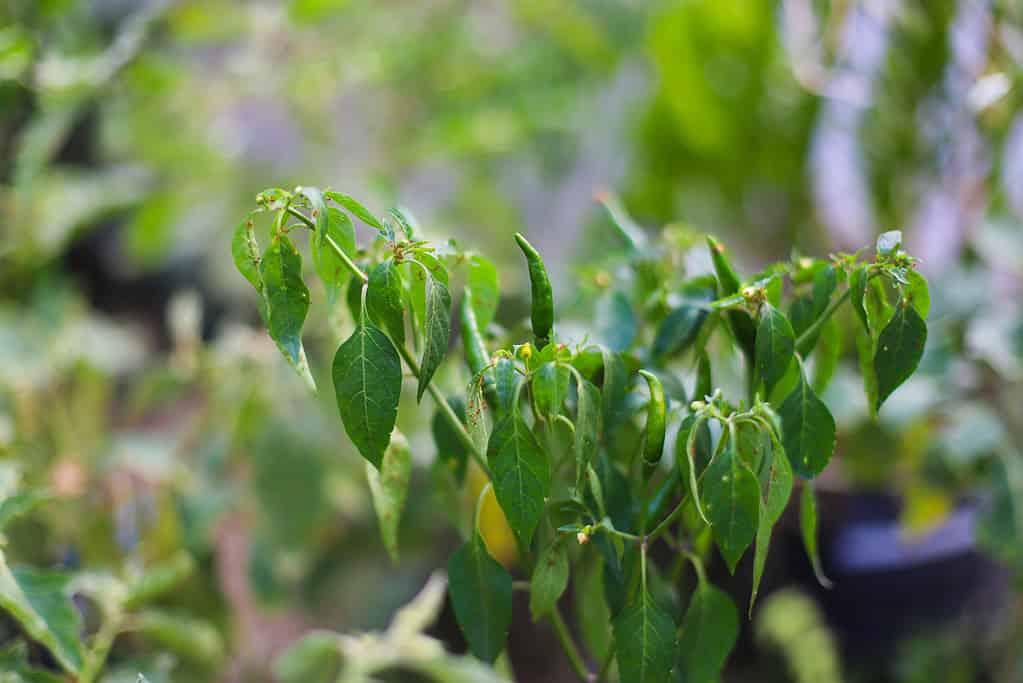
©Khamhoung Panyavong/iStock via Getty Images
If you remove peppers from your vegetable garden outdoors, you want to ensure it doesn’t bring any unwanted company. Many types of insects want to avoid cold temperatures and might be eager to hitch a ride inside. Clean the roots carefully with a mixture of water, insecticidal soap, and neem oil. You can let the roots and stem soak a little bit in this solution to remove any pests clinging to the roots from the garden soil. You can also take this time to cut off any roots that look diseased. If your pepper plant is too distressed or unhealthy, it may not be the right candidate for overwintering.
3. Water Only Sparingly

©iStock.com/Wirestock
Winterized peppers need less water as a plant actively growing does. They go dormant in the winter, which requires less energy and, therefore, less water. You do not want your peppers to dry out, but you do not want the roots to rot. Along with water to grow and live, pepper plant roots require oxygen. Overly saturated soil can prevent oxygen from reaching the roots. A good rule is to water more if in a sunnier location. If you store your winterized peppers in a basement, ensure the soil stays lightly moist, but do not saturate it.
4. Choose Hardy Varieties
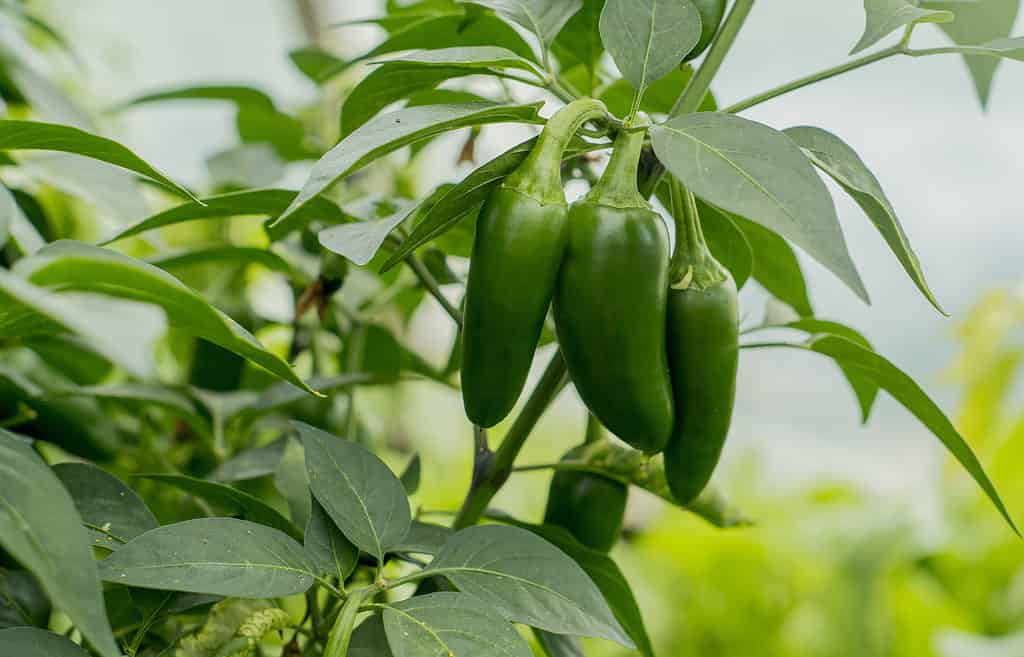
©Gatis Grinbergs/Shutterstock.com
The hardier and healthier the pepper plant was outside in the garden under ideal conditions, the more robust it would be when overwintered. Overwintering pepper plants puts a lot of stress on the plant itself. If you overwinter a small, wilted plant, it may not have the strength to survive the winter, even under cover.
5. Do Not Use Garden Soil
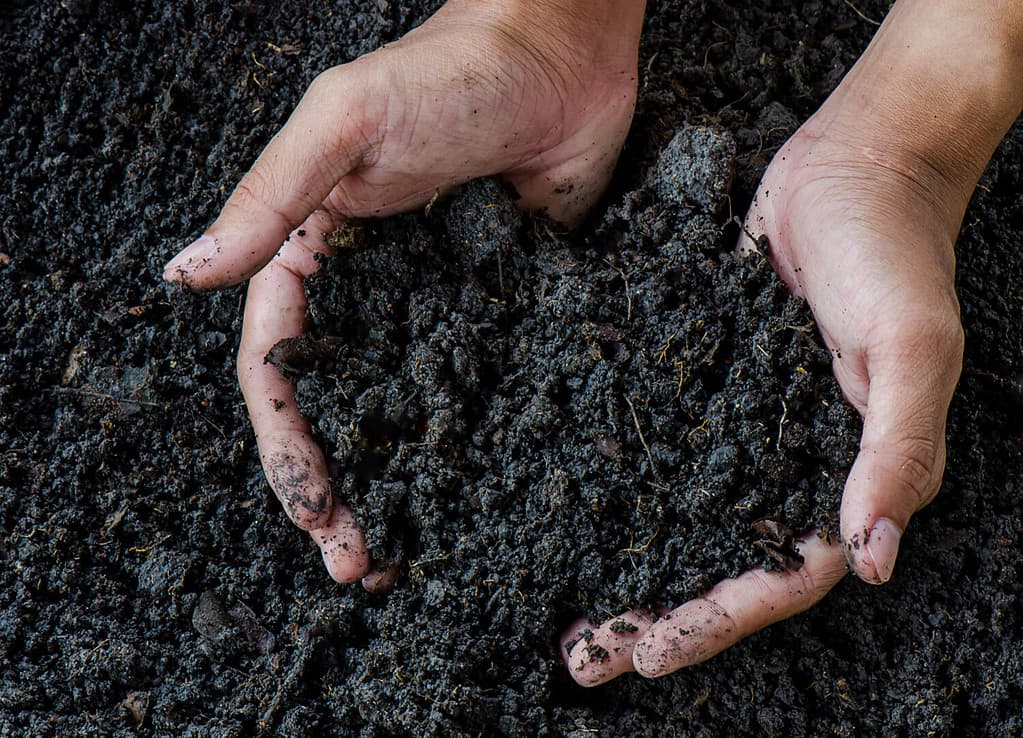
©13Imagery/Shutterstock.com
Using the soil in your garden to overwinter your peppers might seem the most straightforward option. However, if you live in a colder climate and must pot your peppers to bring them inside, you want to avoid taking fresh garden soil into your garage or home. Garden soil will be full of pests who promptly make your house their home. Plus, garden soil is full of bacteria and not recommended for potted plants. Opt for fresh and clean potting soil with good drainage.
6. Choose An Optimal Location
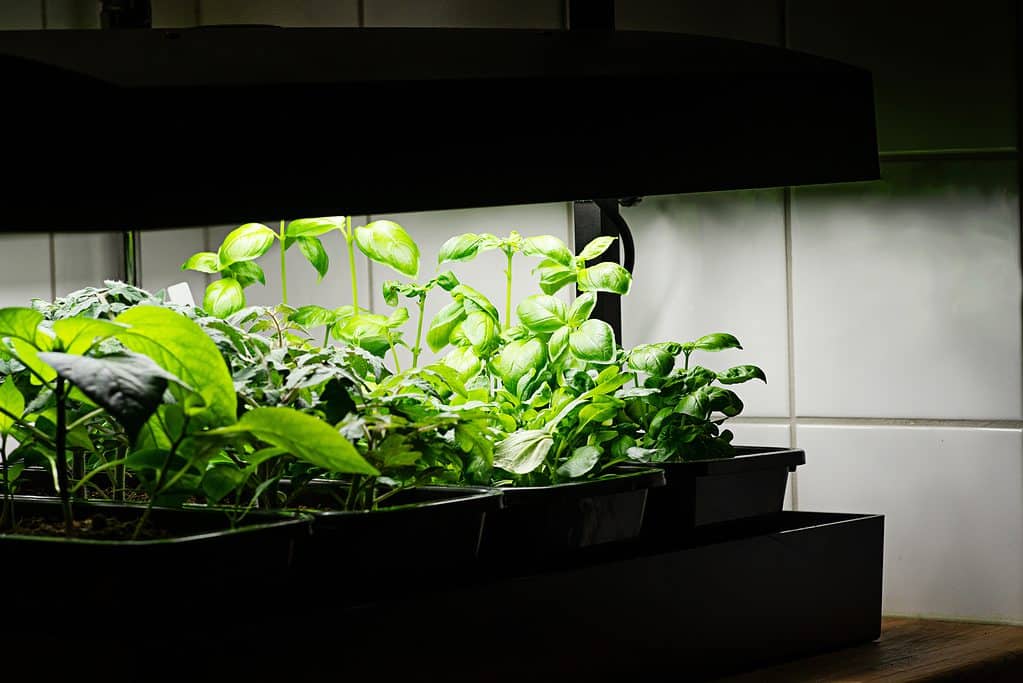
©Susie Hedberg/Shutterstock.com
Another helpful tip for overwintering pepper plants is choosing an optimal location. Two locations work best for overwintering pepper plants. First, find a cool, dark area with minimal light, such as a basement. Minimal light will encourage the plant to go into a dormant state. You can also place your pot under grow lights or on a sunny window ledge. Pepper plants that receive sunlight throughout the winter will not go dormant but most likely will not be able to produce peppers all the same.
7. Wait Until Threat of Frost Passes
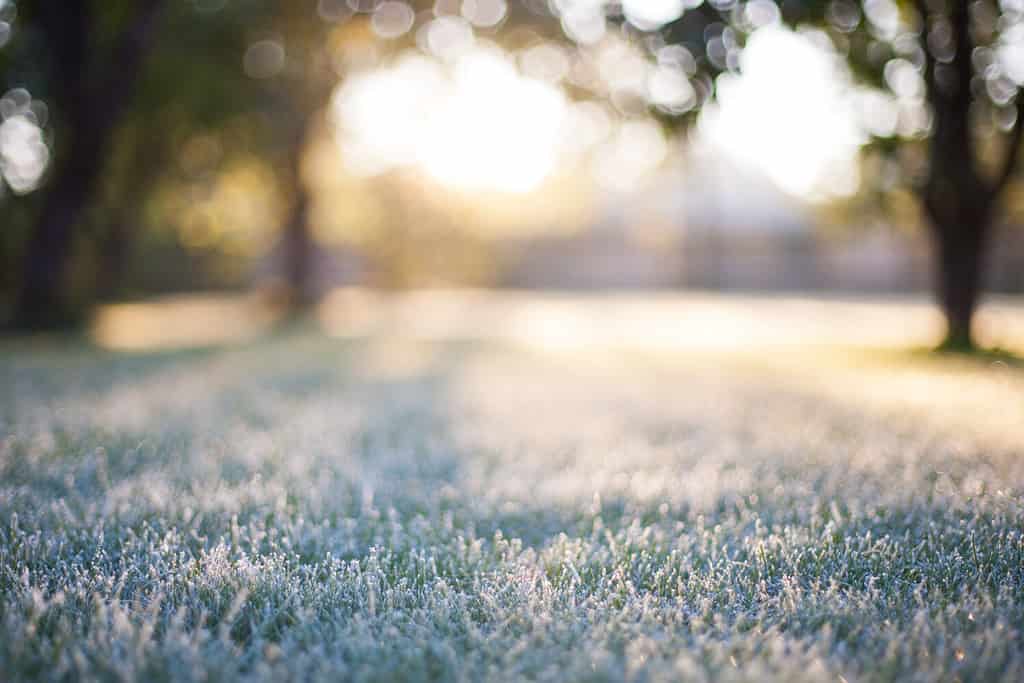
©Evoque Arte/Shutterstock.com
If you live in a colder climate and bring your pepper plants inside over the winter, you must wait until the last frost before taking them out again. Most varieties of pepper plants are susceptible to frost. Similarly to when you harden off pepper transplants, you can bring your winterized pepper out for short periods in partial shade as the days get warmer. Do not leave your plant outside in temperatures below 55 degrees Fahrenheit.
